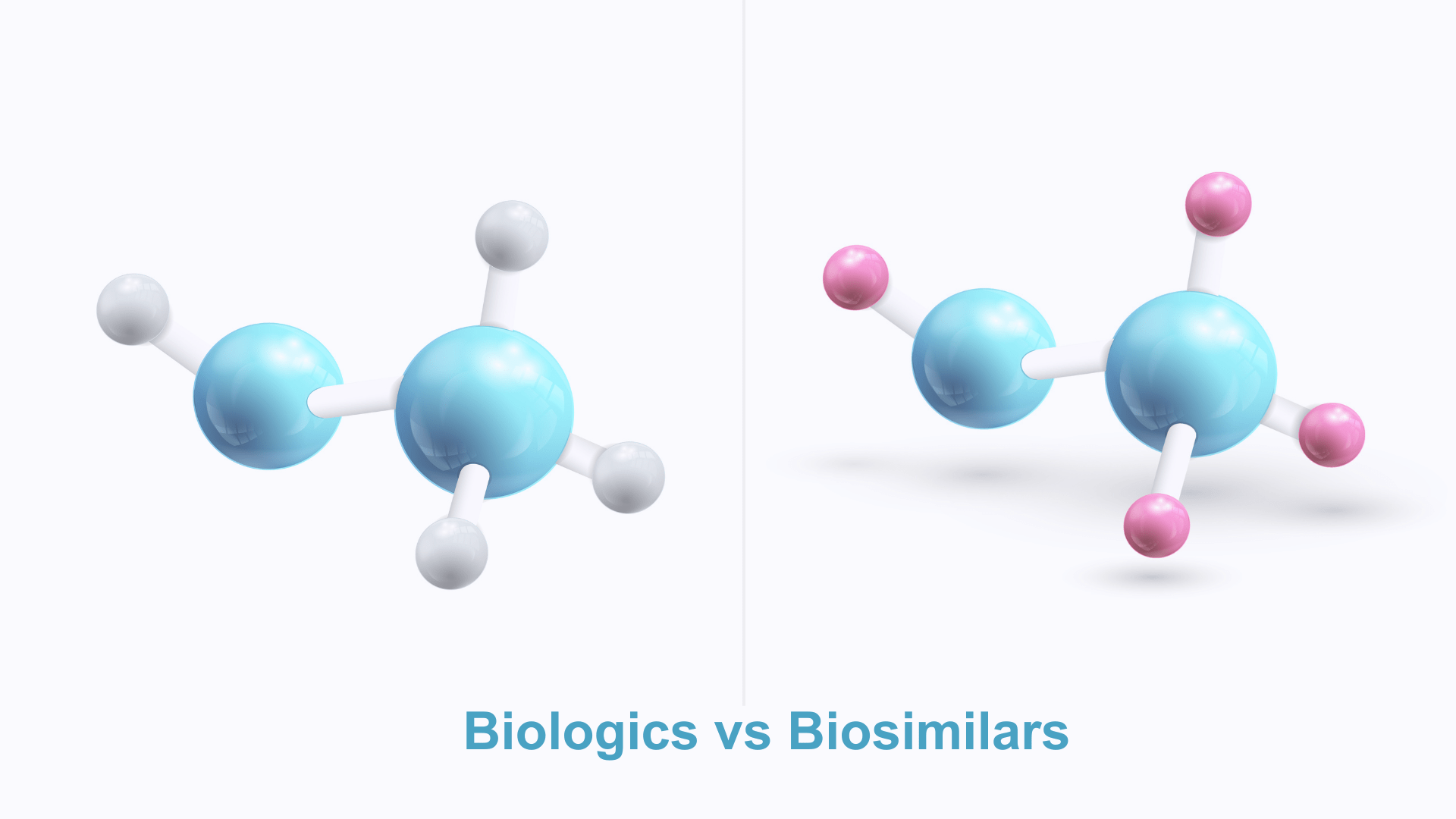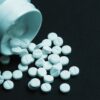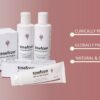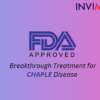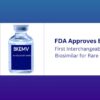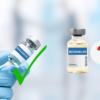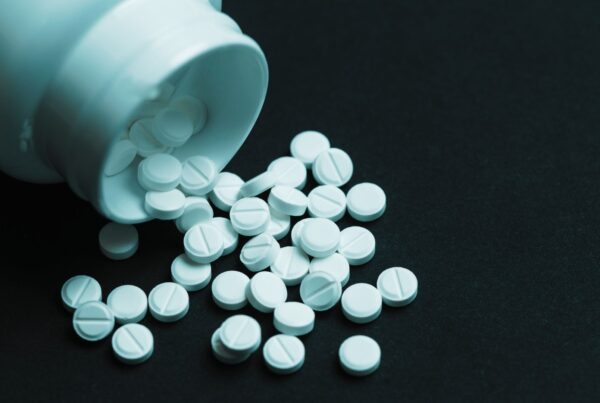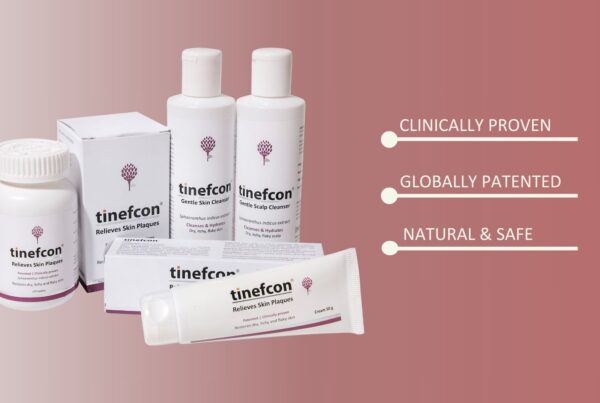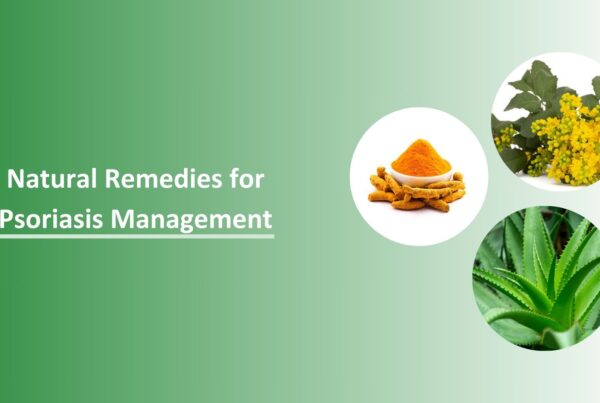In the dynamic realm of healthcare, biologics, and biosimilars have emerged as key terms warranting attention. Yet, what precisely do these terms entail, and how do they diverge? This blog aims to dissect the distinctions between biologics and biosimilars, offering clarity to both patients and healthcare providers.
What Are Biologics?
Biologics represent a category of medicines derived from living organisms like humans, animals, or microorganisms. These intricate molecules are designed to target specific disease pathways, providing effective treatment for ailments spanning from cancer to autoimmune disorders. Biologics stand out for their substantial molecular size and diverse structures, enhancing their effectiveness and precision in treating various health conditions.
These medications are crafted using living cells or organisms, encompassing a broad spectrum of treatments such as gene therapies, transplant tissue, recombinant proteins, stem cell therapies, and monoclonal antibodies. They are commonly employed to address severe and life-threatening diseases.
Compared to conventional drugs, biologics exhibit distinctions in material sources, structural complexities, manufacturing processes, and regulatory standards. Consequently, the production and regulatory requirements associated with biologics may lead to higher prices, posing potential obstacles to accessibility for certain patients.
Understanding Biosimilars
Biosimilars represent a category of brand-name products closely resembling already approved innovator or originator biologics. Unlike generic drugs, biosimilars are not identical to their reference products. The variance arises due to the complex nature of biologics, which differ from traditional medications. Biosimilars are highly similar versions of approved biologic drugs, referred to as reference products. Although not identical, they mirror the safety, efficacy, and quality of the reference product. This similarity provides a cost-effective alternative, potentially broadening access to treatment options for patients.
Following the expiration of a biologic’s patent, other manufacturers are permitted to produce the drug. However, the original manufacturer maintains exclusive rights to its proprietary manufacturing processes, encompassing variables such as temperature control, cell cultures, and growth mediums. Given the inherent variability of biological systems, achieving a replica of the biologic is unattainable. Hence, biosimilars closely resemble, but do not precisely replicate, the biologic they emulate.
- Biologics originate from natural and living sources and encompass medications like Humira, Lantus, and Enbrel.
- In contrast, biosimilars are highly akin to their reference biologics, with examples including Semglee, Amjevita, and Inflectra.
Regulatory Approval Pathways
Both biologics and biosimilars undergo rigorous testing and evaluation to ensure their safety and efficacy. Regulatory agencies such as the FDA and EMA have established specific pathways for the approval of these medications, with stringent requirements for demonstrating similarity to the reference product. Biosimilars must undergo extensive comparative studies to establish their similarity to the reference product, providing confidence in their use.
Clinical Use and Applications
Biologics and biosimilars find applications in treating various conditions like rheumatoid arthritis, inflammatory bowel disease, and cancer. Healthcare providers play a pivotal role in selecting the most suitable option, weighing factors such as safety, effectiveness, and cost. Patients need to understand the distinctions between biologics and biosimilars to make informed treatment decisions. Both patients and healthcare providers should consider safety, efficacy, cost-effectiveness, patient preferences, and treatment goals, emphasizing open communication to align treatment choices with individual needs and preferences.
Looking Ahead
Embark on a transformative journey into the realm of biologics and biosimilar sourcing with Invimeds Health. As pioneers in RLD pharmaceuticals and comparator drug procurement, we set new standards to empower both healthcare providers and patients. Understanding the crucial role biologics play in modern healthcare, we are committed to sourcing the highest quality medications and ensuring safe, effective, and personalized treatments for every patient.
Invimeds Health is a leader in biologics, comparator, or RLD sourcing, effectively bridging the gap between innovation and accessibility in the pharmaceutical industry. Our dedication to quality and reliability enables healthcare providers to navigate the complexities of sourcing with confidence. Through rigorous research, strategic partnerships, and an unwavering pursuit of excellence, we pave the path toward a brighter future in healthcare.
Written By
Aswini PriyaMedical Content Writer
Reviewed By
Dr. AnchalMedico Expert
Last Updated
06 Mar 2024 | 12:00 AM (IST)
